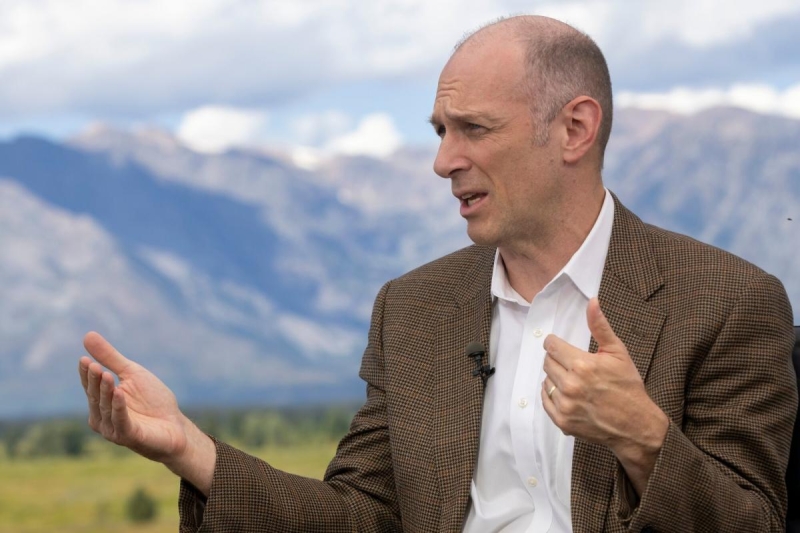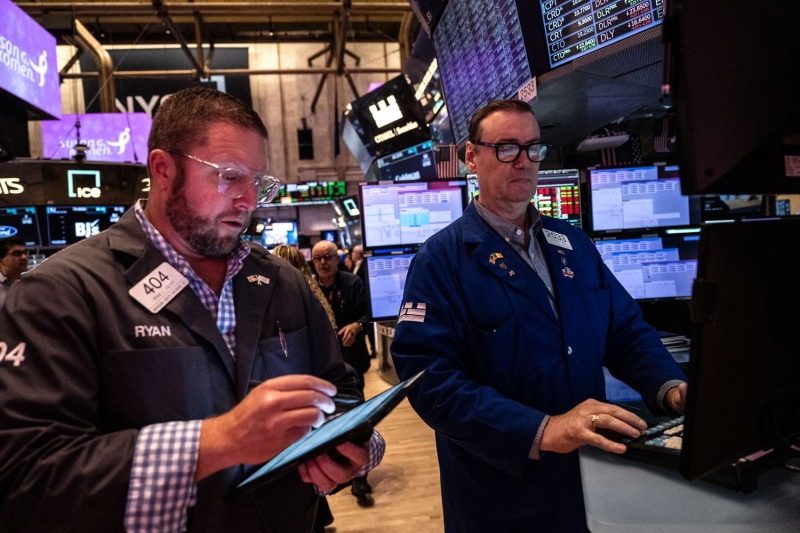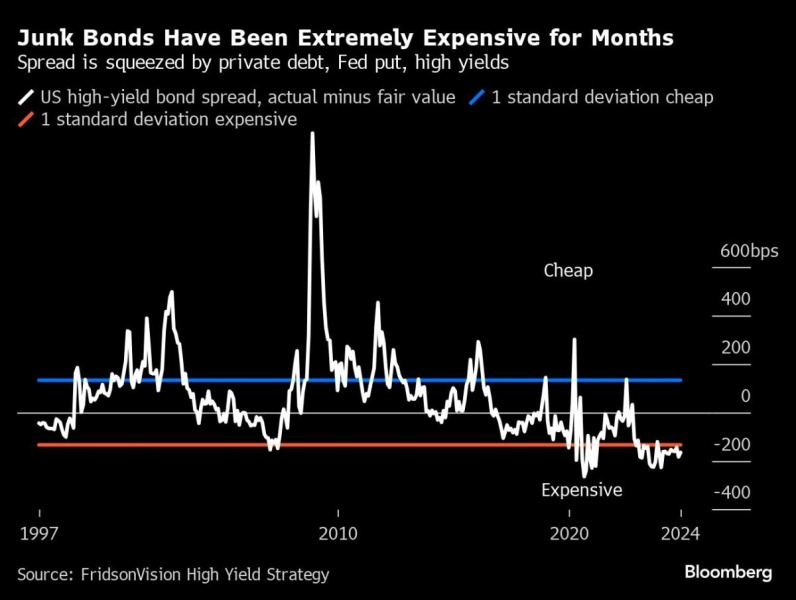
(Bloomberg) — Three Federal Reserve policymakers on Thursday were unfazed by a higher-than-forecast September inflation report, suggesting the US central bank can continue lowering interest rates, but a fourth hinted he may favor a pause at their next meeting.
Most Read from Bloomberg
“Month to month, there’s wiggles and bumps in the data, but we’ve seen this pretty steady process of inflation moving” downward, New York Fed President John Williams said during an event at Binghamton University. “I expect that that will continue.”
Williams added he thought it would be appropriate to “continue the process of moving the stance of monetary policy to a more neutral setting over time.”
Bank of Chicago President Austan Goolsbee, in an interview on CNBC, said “the overall trend” for inflation over 12 to 18 months was clearly moving down. His counterpart from the Richmond Fed, Thomas Barkin, said inflation was “definitely headed in the right direction.”
The outlier on Thursday was Raphael Bostic, president of the Atlanta Fed. In an interview with the Wall Street Journal he revealed that, in projections released in September, he had called for one additional quarter-point cut this year. The Fed has two remaining meetings in 2024.
“I am totally comfortable with skipping a meeting if the data suggests that’s appropriate,” he said.
Each of those comments followed a report from the Bureau of Labor Statistics showing underlying inflation rose more than forecast in September. The so-called core consumer price index — which excludes food and energy costs — increased 0.3% for a second month, disrupting a string of lower readings. The three-month annualized rate advanced 3.1%, the most since May, according to Bloomberg calculations.
The new inflation report, along with a strong September employment report, is likely to support calls for the Fed to move more gradually in the coming months. Their September move came after a series of more positive inflation reports and amid signs of weakness in the labor market.
That could lead some Fed officials to contemplate a pause in cutting, according to Stephanie Roth, chief economist at Wolfe Research, depending on what subsequent data reveals.
“I don’t think today’s data changes the narrative that much,” Roth said. “We have penciled in they are going to cut every meeting, but they could easily land at every other meeting” if labor market and inflation data continue on their current track, she said.
While only Bostic gave any sign of entertaining a pause in cutting rates, Williams and Barkin were careful to say the fight against inflation was not entirely over.
“There’s still some distance to go to reach our goal of 2%, but we’re definitely moving in the right direction,” Williams said. “The data paint a picture of an economy that has returned to balance.”
Barkin said he wasn’t yet prepared to “declare victory.”
Goolsbee, meanwhile, acknowledged that the Fed’s next move would be heavily debated at their next meeting, Nov. 6-7 in Washington. Recent gatherings of the Federal Open Market Committee, he said, had been “close-call-type” meetings.
“There will probably be more close call-type meetings,” he said.
Former President Donald Trump reacted to the data by taking a shot at the Fed over its decision last month to cut rates by a larger-than-expected half percentage point.
“The fact is that the Federal Reserve brought the interest rates down a little too quickly,” he said in a speech to the Economic Club in Detroit. “It was too big a cut, and everyone knows that it was a political maneuver that they tried to do before the election, but they did the wrong thing.”
–With assistance from Craig Torres, Molly Smith and Hadriana Lowenkron.
(Updates with graphic.)
Most Read from Bloomberg Businessweek
©2024 Bloomberg L.P.





